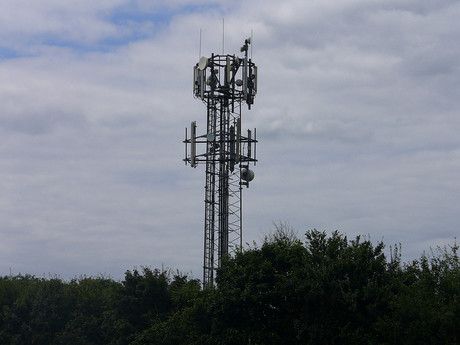Optus secures more Black Spot funding

Optus has secured government co-funding to build 114 more mobile sites in regional areas as part of the government’s mobile black spots program. But an independent auditor has slammed the program as being politically biased and inefficient.
Optus revealed it has secured $26.4 million in federal and state government funding, and will contribute a further $36.4 million towards the construction.
Optus plans to deploy 65 mobile base stations as well as 49 satellite small cells under the program. Regional Queensland will get the largest number of new sites (27), followed by WA (23), NSW (18), Victoria (16), SA (15), NT (13) and Tasmania (2).
“Real investment in regional and remote telecommunications services is the only sustainable way to improve competition, and strength and breadth of coverage in regional Australia,” Optus VP for Corporate and Regulatory Affairs David Epstein said.
“Optus has embarked on an extensive regional network investment program and today’s Mobile Black Spots announcement will supplement additional investment in regional telecommunications.”
But the Australian National Audit Office has issued a report critical of the operation of the program, which found among other things that one in five new mobile towers funded in the first round of the program provided little to no new coverage for consumers.
Of the 499 base stations funded in the round, 89 received $28 million in funding despite providing minimal benefits for consumers in black spots, and 29 would likely have been built by private operators without needing government funding.
In addition, 80% of the grants issued benefited Coalition electorates, with just 7% awarded for Labor electorates.
But in an interview with the ABC, Regional Communications Minister Fiona Nash dismissed the finding that the funding was badly targeted and said the government has already addressed most of the issues identified in the report.
Nash has also asserted that the reason for the disparity in funding between Coalition and Labor electorates is the fact that the Coalition holds more seats in regional areas.
Ericsson unveils new wireless branch architecture
Ericsson's new range of wireless-first branch architecture aims to help businesses unlock the...
Ericsson unveils Enterprise 5G portfolio
Ericsson’s Enterprise 5G product line is aimed at improving adoption of private 5G networks...
Cradlepoint launches 5G-ready SASE solution
Cradlepoint NetCloud SASE has been designed to combine SD-WAN and zero trust networking security...







